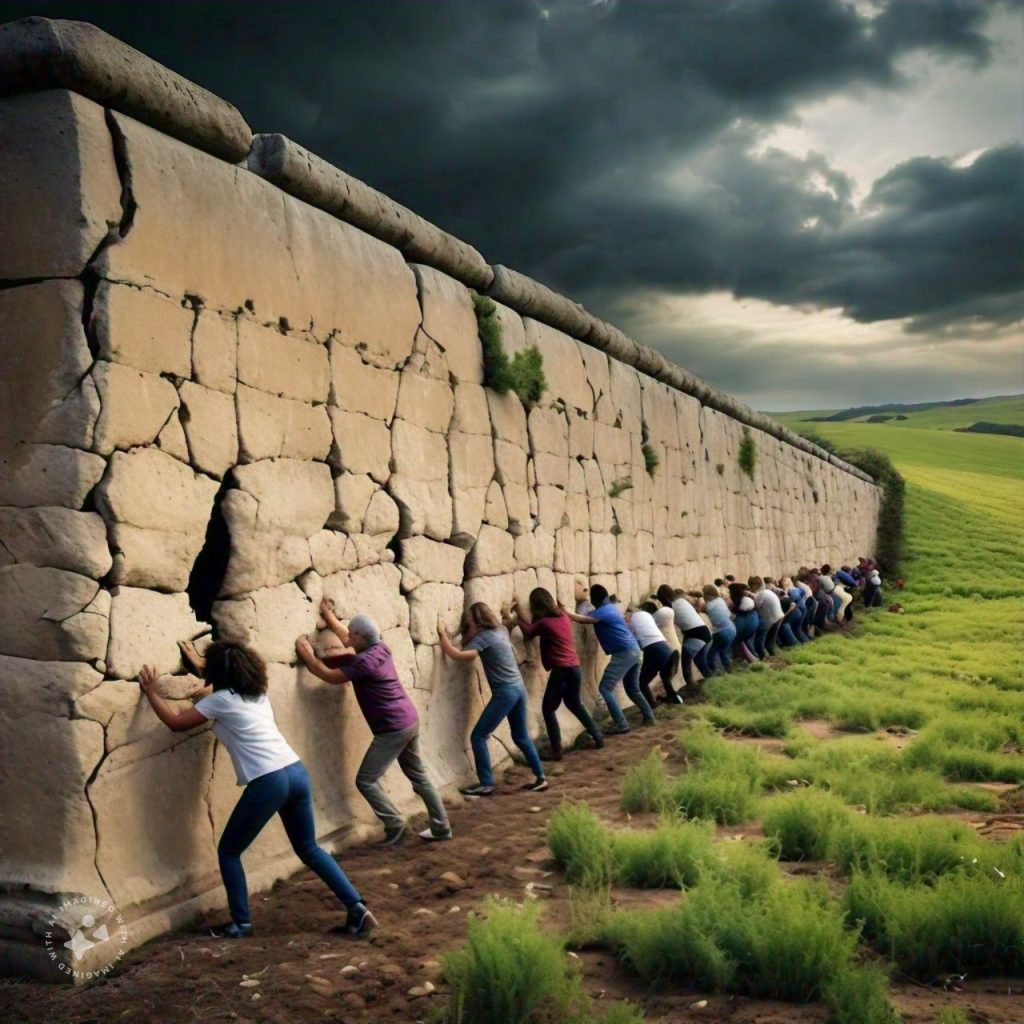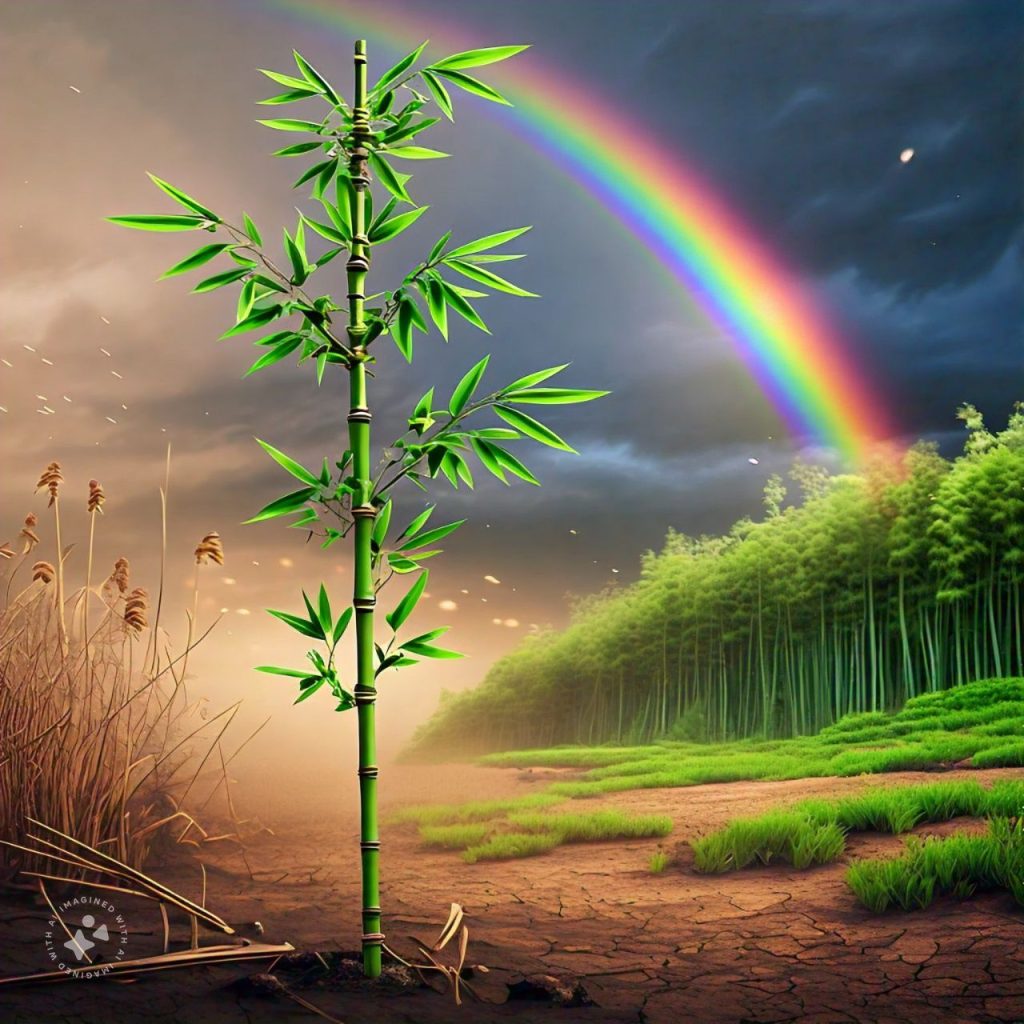In a world that is constantly evolving, flexibility is key. Yet, many of our social systems—whether in religion, economics, governance, or group relationships—often remain rigid, seemingly set in stone. While stability has its virtues, immutability can lead to stagnation, inequality, and even conflict. Let’s explore the dangers of these unchanging systems and how a little flexibility could go a long way.

Religion: Tradition vs. Transformation
Religion, for many, is a source of comfort and guidance, providing a moral compass in an often chaotic world. However, when religious doctrines become immutable, they can stifle progress and lead to division. Take, for example, the struggle for gender equality within certain religious communities. In some faiths, traditional roles for men and women are deeply entrenched, and attempts to challenge these roles are met with resistance. The phrase “old habits die hard” comes to mind, as religious institutions often cling to centuries-old practices, even when they no longer serve their followers.
Psychologist Carl Jung explored the idea of religious archetypes, explaining how symbols and rituals serve to unite individuals and provide meaning. However, Jung also warned that when these symbols become too rigid, they lose their relevance, leading to a disconnection between the individual and the spiritual.
Real-life example: In some societies, women are still not allowed to work, hold positions of authority or access opportunities within institutions due to rigid traditions. This immutability not only limits the potential of a significant portion of the population but also perpetuates a system where inequality is justified in the name of tradition.
Economic Systems: The Rich Get Richer
Our economic systems are another area where immutability can be dangerous. Capitalism, for example, has driven unprecedented growth and innovation. However, when the rules of the game become fixed, the gap between the haves and the have-nots widens. Economist Thomas Piketty, in his groundbreaking work Capital in the Twenty-First Century, argues that when wealth accumulates in fewer hands without sufficient checks and balances, economic inequality becomes entrenched.
The idiom “the rich get richer” is all too familiar, reflecting a system where those who are already wealthy have the means to accumulate even more, while the poor struggle to make ends meet. When economic policies become immutable, the possibility for reform diminishes, leaving the underprivileged trapped in a cycle of poverty.
Real-life example: The 2008 financial crisis exposed the dangers of an immutable economic system where deregulation and lack of oversight allowed risky financial practices to go unchecked. The aftermath left millions jobless, homeless, and disillusioned, while the institutions that caused the crisis were deemed “too big to fail.”
Governance: The Perils of Power
Governance is perhaps the most visible arena where immutability poses a threat. When political systems and leaders become inflexible, the consequences can be dire. The phrase “absolute power corrupts absolutely” encapsulates the dangers of unyielding governance. Dictatorships and authoritarian regimes often arise from leaders who refuse to adapt, clinging to power at all costs.
Psychologist Philip Zimbardo’s famous Stanford Prison Experiment sheds light on how power dynamics can lead to abusive behavior when unchecked. While the experiment focused on individual behavior, the implications for governance are clear: when systems of power are immutable, they can lead to oppression and dehumanization.
Real-life example: The Arab Spring of 2010 was a direct response to the immutable governance of authoritarian regimes in the Middle East. Citizens, fed up with corruption and lack of freedoms, took to the streets to demand change. While the results were mixed, the uprisings highlighted the dangers of unyielding political systems.
Relationships Between Groups: Bridging the Divide
When relationships between different social, ethnic, or cultural groups become rigid, the potential for conflict increases. Inflexibility in attitudes and beliefs can lead to stereotypes, prejudice, and, ultimately, violence. The idiom “stuck in a rut” applies to social groups that refuse to see beyond their own experience, leading to division rather than unity.
Psychologist Gordon Allport’s work on the nature of prejudice revealed that contact between groups can reduce hostility, but only when it is coupled with mutual respect and equality. However, when group identities are seen as immutable, these opportunities for understanding are lost.
Real-life example: The ongoing conflict between Israel and Palestine is a stark example of what happens when relationships between groups become inflexible. Generations of mistrust and hostility have made it difficult for either side to envision a peaceful solution, even as new efforts are made to bridge the divide. Similarly, in India, tensions between religious and caste groups have led to long-standing divisions, sometimes erupting into violence, despite efforts at reconciliation. In parts of Africa, ethnic conflicts have persisted for generations, with deep-rooted grievances and rigid identities making it challenging to achieve lasting peace. These examples illustrate how inflexibility in group relationships can entrench conflict and hinder progress toward unity and understanding.
The Case for Flexibility

Flexibility in social systems and processes is not about abandoning tradition or erasing identity. It’s about being open to change when necessary, recognizing that the world we live in is not the same as it was a decade, a century, or a millennium ago. As the idiom goes, “a rolling stone gathers no moss.” By staying adaptable, societies can avoid the pitfalls of immutability and continue to thrive.
The dangers of immutable systems are clear: they create environments where inequality, conflict, and stagnation can take root. By embracing flexibility and fostering open-mindedness, we can build a world where change is seen as an opportunity rather than a threat.
Conclusion
In conclusion, let’s remember that while change can be challenging, it is often necessary to prevent the dangers that come with immutability in our social systems. Flexibility, adaptability, and a willingness to evolve can pave the way for a more just, equitable, and peaceful world.

Read more: Why Did You Run Away from the Mountain?